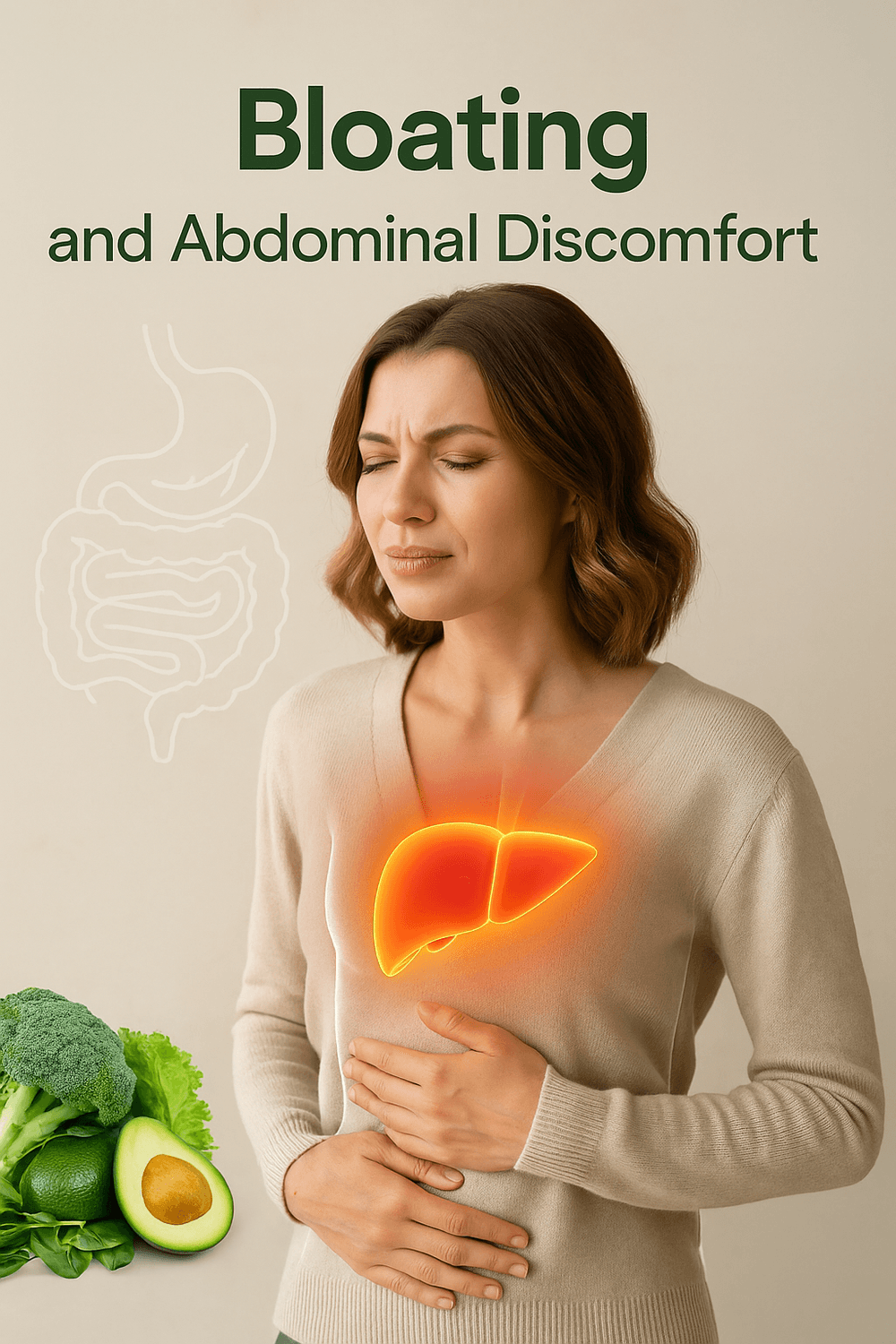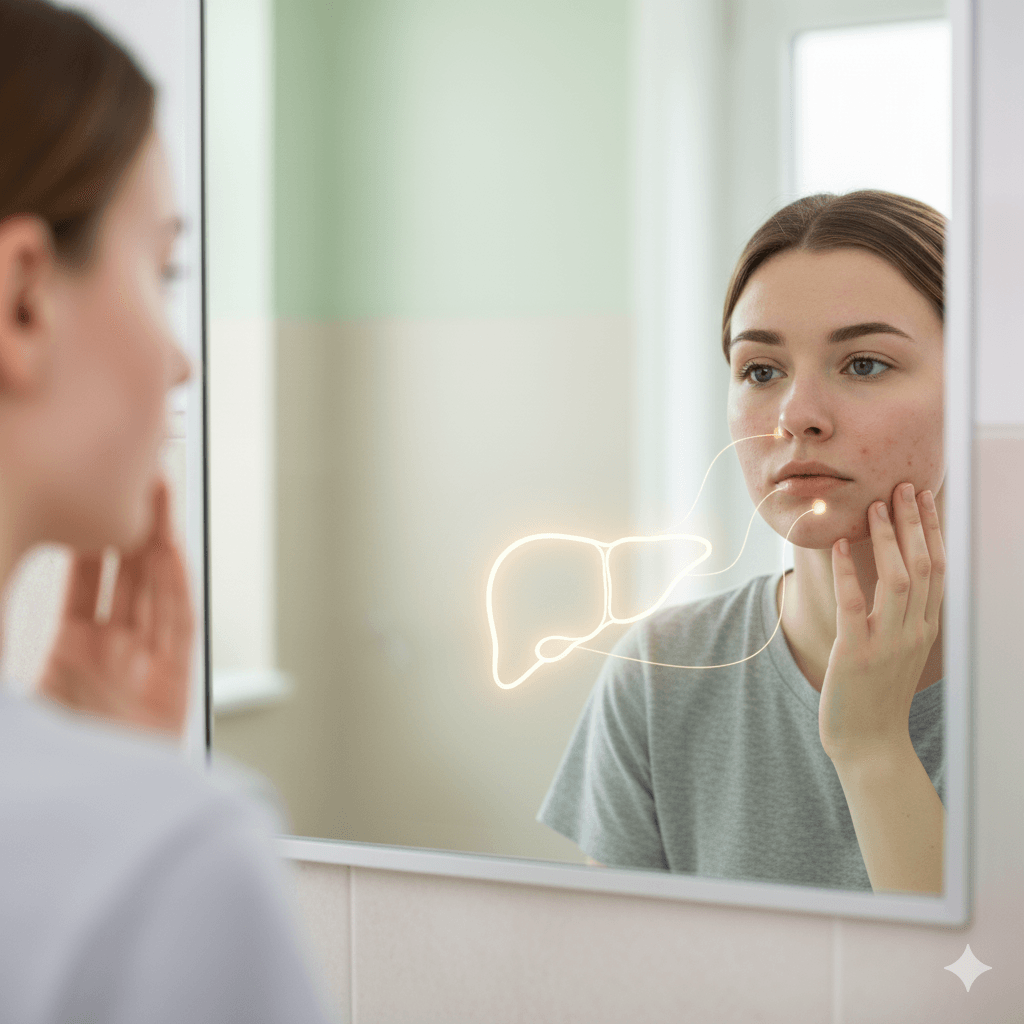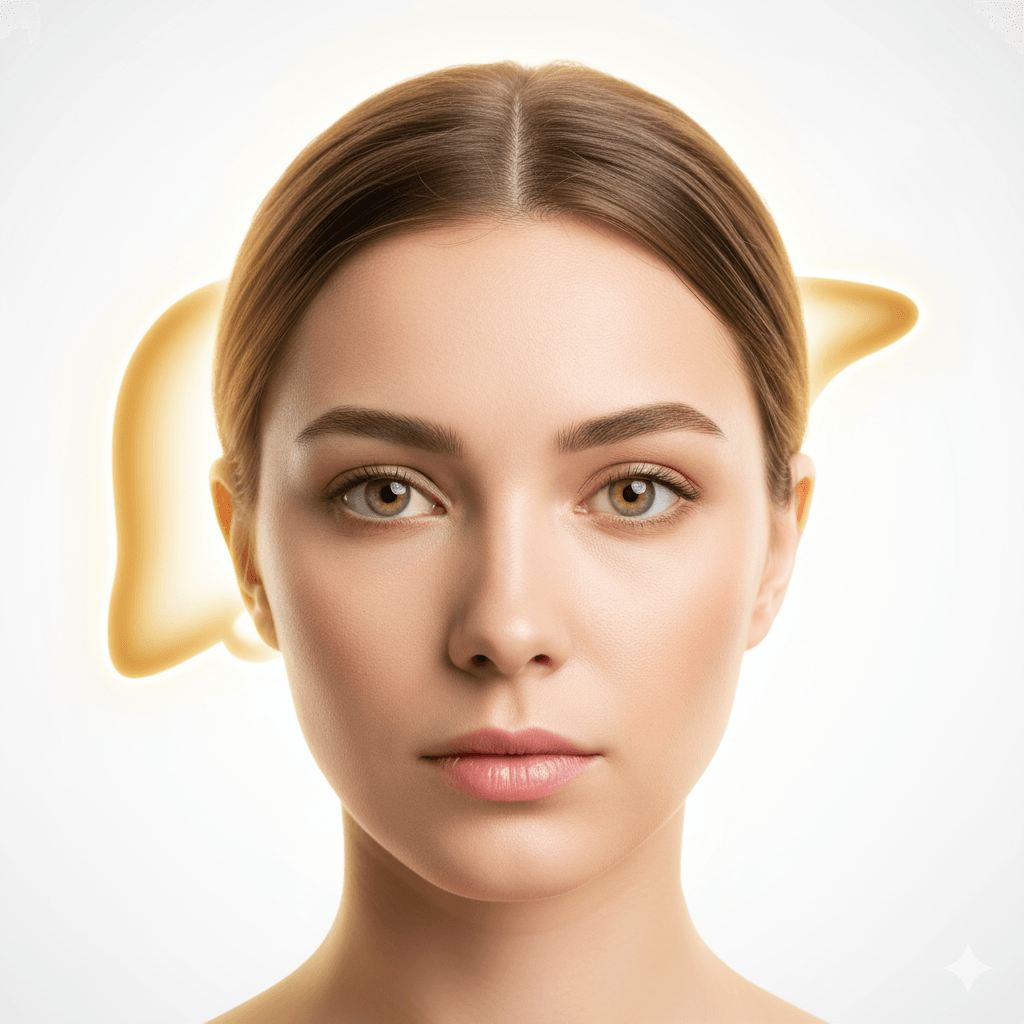
5 Signs Your Liver Needs Support and How to Fix Them Naturally
5 Signs Your Liver Needs Support: How to Recognize and Restore Your Body’s Natural Detox Power
Introduction
Your liver is one of the most hard-working organs in your body — a silent multitasker that detoxifies your blood, produces bile for fat digestion, stores essential nutrients, and regulates metabolism.
When it becomes overwhelmed by toxins, poor diet, or hormonal imbalances, your body starts to send subtle signals that it’s struggling to keep up.
Understanding these early warning signs can help you take steps to restore liver health naturally before it leads to more serious conditions.
In this article, we’ll explore five key signs your liver may need support and how to help it recover through simple, natural approaches.
1. Persistent Bloating and Abdominal Discomfort
Bloating isn’t always about what you eat — it can also be a sign your liver is under stress.
The liver produces bile, which helps digest fats. When bile flow is sluggish or impaired, your body struggles to break down fats properly, leading to gas, bloating, and a feeling of heaviness after meals.
A congested liver can also lead to fluid retention and a swollen abdomen.
This is particularly noticeable when bloating happens regularly even with healthy eating habits.
What to do:
Eat smaller, more frequent meals rich in fiber and antioxidants.
Add liver-supportive foods like beets, artichokes, garlic, turmeric, and leafy greens.
Avoid excessive alcohol, processed foods, and trans fats that overload your liver.

2. Acne and Skin Problems
Your skin often mirrors your internal health.
When the liver is overloaded with toxins, it struggles to filter impurities from the blood effectively.
As a result, toxins can be pushed out through the skin, leading to acne, eczema, dullness, or redness.
In women, hormonal imbalances linked to poor liver detoxification may also worsen acne — especially around the jawline and chin area.
What to do:
Support liver detoxification by drinking plenty of water and eating cruciferous vegetables (broccoli, cauliflower, kale).
Limit refined sugars and dairy, which can worsen hormonal acne.
Consider herbal aids such as milk thistle and dandelion root, known for enhancing liver cell regeneration.

3. Constant Fatigue and Low Energy
Feeling tired all the time, even after a full night’s sleep, may indicate your liver isn’t working efficiently.
The liver plays a central role in energy metabolism by storing and releasing glucose.
When it’s sluggish, your blood sugar levels can fluctuate, leaving you drained and irritable.
Additionally, toxin buildup can affect oxygen delivery to cells, compounding feelings of exhaustion.
What to do:
Prioritize protein-rich meals and healthy fats (like olive oil and avocado) to stabilize energy.
Exercise regularly — even light walking can boost circulation and liver oxygenation.
Ensure you get enough vitamin B12, folate, and magnesium, all essential for energy and liver function.
4. Yellowish Eyes or Skin (Mild Jaundice)
A yellow tinge to the eyes or skin is one of the most visible signs of liver dysfunction.
This condition, called jaundice, occurs when there’s a buildup of bilirubin, a yellow pigment formed when red blood cells break down.
A healthy liver usually removes bilirubin efficiently, but when it’s overworked or inflamed, bilirubin accumulates in the blood.
Even a subtle yellowing is worth paying attention to — it may signal early liver stress.
What to do:
Visit your healthcare provider immediately for proper evaluation.
Avoid alcohol and medications that can stress the liver.
Eat foods rich in antioxidants and vitamin C, such as citrus fruits, berries, and leafy greens.

5. Poor Digestion of Fats and Indigestion
If greasy or fatty meals make you feel nauseated, bloated, or uncomfortable, your liver and gallbladder may need support.
Because the liver produces bile — which emulsifies fats — any reduction in bile flow makes it difficult for your digestive system to handle fatty foods.
You might notice floating stools, pale stool color, or nausea after eating fatty meals, which are signs of poor fat metabolism.
What to do:
Add lemon water or apple cider vinegar before meals to gently stimulate bile flow.
Include foods high in choline (eggs, salmon, spinach) to help with fat metabolism.
Avoid deep-fried and processed foods that tax liver function.

How to Support and Heal Your Liver Naturally
If several of these signs sound familiar, it’s time to show your liver some love.
Here are natural, science-backed ways to support liver health:
1. Stay hydrated
Water helps flush out toxins and improve blood flow to the liver.
2. Eat a balanced diet
Focus on whole foods, vegetables, healthy fats, and lean proteins.
3. Reduce alcohol and sugar intake
Both cause fat accumulation in the liver.
4. Take breaks from medications
(if safe and approved by your doctor).
5. Maintain a healthy weight
Fatty liver disease is a growing cause of liver stress.
6. Add natural detoxifiers
like turmeric, green tea, and garlic.
When to Seek Medical Advice
While natural approaches can support your liver, persistent symptoms like yellow eyes, unexplained fatigue, or abdominal swelling require medical evaluation.
Your doctor can perform liver function tests (LFTs) and imaging to rule out underlying diseases such as hepatitis, fatty liver disease, or bile duct obstruction.
Conclusion
Your liver is the body’s natural detox powerhouse — but even this resilient organ needs care.
Recognizing early signs like bloating, acne, fatigue, yellow eyes, or fat digestion issues can help you act early and protect your long-term health.
Simple dietary and lifestyle adjustments can go a long way toward restoring balance, energy, and clear skin — all signs of a liver working at its best.
